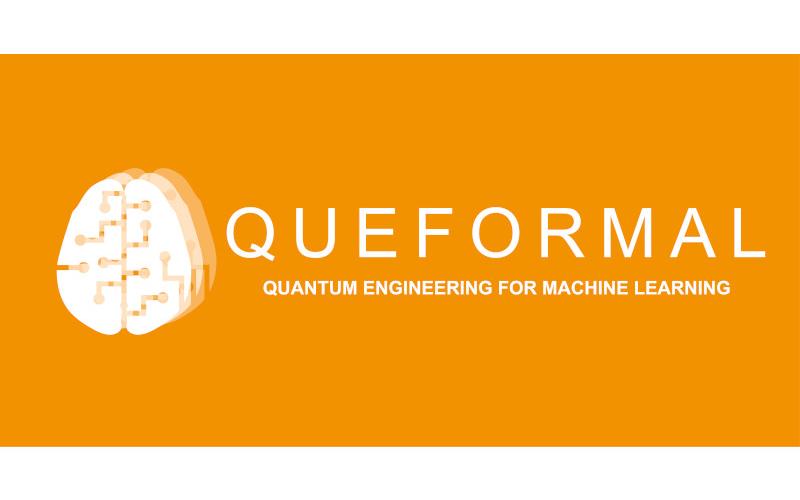QUEFORMAL - Quantum Engineering for Machine Learning

H2020-FETOPEN-2018-2019-2020-01 Start date 1 Jan 2019
We propose the radical vision of a new integrated circuit technology for machine learning where low-voltage field-effect transistors and non-volatile memories are integrated next to each other exploiting quantum engineering of heterostructures of two-dimensional materials (2DMs), i.e. the atom-by-atom design and fabrication of devices which combine vertical and lateral heterostructures (VH and LH, respectively) of 2DMs.
QUEFORMAL pursues a very risky and original proposed solution, with the extremely high potential gain of advancing a science-enabled technology for the fabrication of integrated circuits for machine learning, in a field in which Europe has a strong basic-science leadership, thanks to the pioneering breakthroughs on graphene and 2D materials.
The overall objective and targeted breakthrough of QUEFORMAL is to experimentally demonstrate the fabrication and operation of devices based on LH and VH of 2DMs for logic-in-memory integrated circuits and to show the potential of this technology for the fabrication of integrated circuits for machine learning. Devices include i) lateral heterostructure FETs (LH-FETs) operating at low voltage (0.6 V) fabricated in close vicinity to ii) floating-gate non-volatile memories based on VHs for the gate stack and LHs for the channel (LVH-NVMs), that can be programmed at low voltage (<5 V) with retention time larger than 1 month.
The QUEFORMAL consortium consists of six partners and has unique advantages: Consortium members have proposed and patented the LH-FET concept and have experimentally demonstrated the floating gate non-volatile memory concept using 2D materials.


